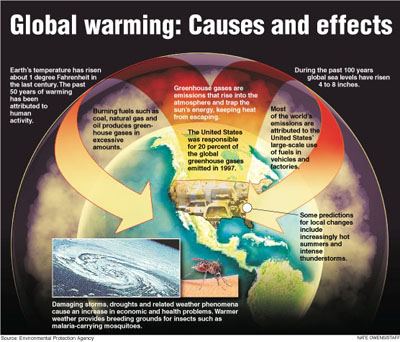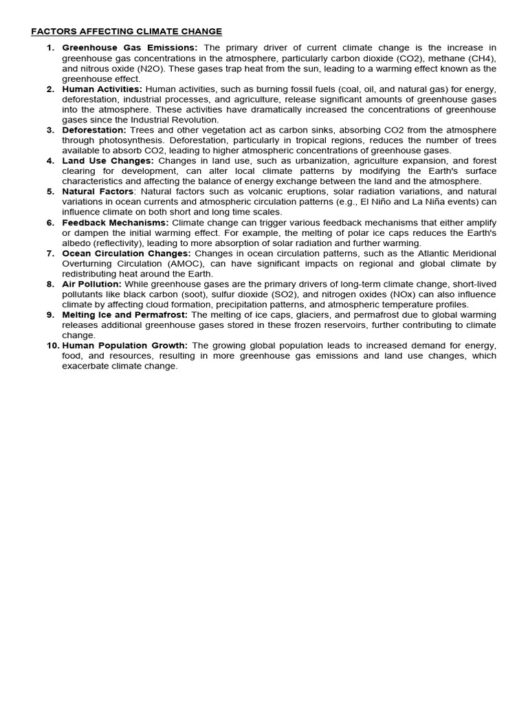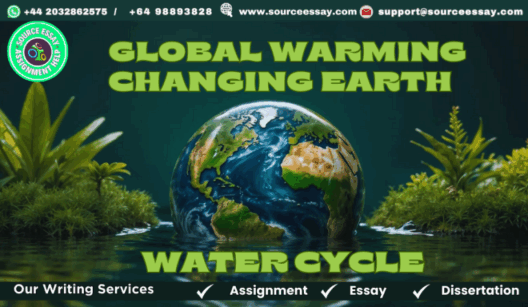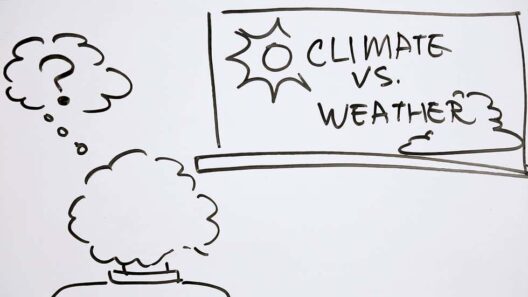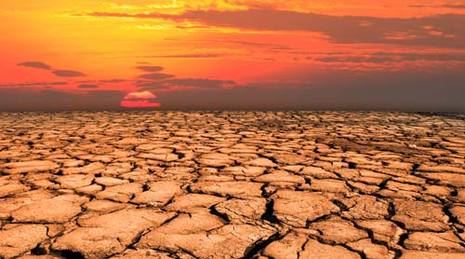In the dynamic discourse surrounding climate change, one cannot overlook the profound ramifications associated with the burning of fossil fuels. This crucial issue not only contributes significantly to global warming but also triggers a complex chain reaction that exacerbates numerous environmental challenges. As we delve into this multifaceted topic, a playful question arises: What would happen if we turned off all fossil fuel combustion for just 24 hours? Although purely hypothetical, this inquiry illustrates the extent of our reliance on these energy sources and invites us to contemplate the dire consequences of our collective inertia.
The crux of the fossil fuel dilemma rests on three primary components: carbon emissions, air quality, and the intricate web of ecological interdependencies. When coal, oil, and natural gas are combusted for energy, they release vast quantities of greenhouse gases into the atmosphere, primarily carbon dioxide (CO2) and methane (CH4). These gases function as thermal blankets, trapping heat and elevating global temperatures. Since the Industrial Revolution, atmospheric CO2 concentrations have surged drastically, surpassing 400 parts per million—a level not seen in millions of years. This cumulative effect has led to the phenomenon now widely recognized as climate change.
In an era of escalating climate-related disasters, the impact of fossil fuel combustion becomes even more dire. From intensifying wildfires and prolonged droughts to more frequent hurricanes and rising sea levels, the manifestations of these changes are ubiquitous and alarming. As temperatures climb, polar ice caps melt, contributing to the inexorable rise in sea levels. Coastal regions, often densely populated, stand on the precipice of catastrophic flooding. Moreover, the repercussions of climate change further destabilize food and water supply chains, leading to exacerbated hunger and resource scarcity across the globe.
Air quality is another grave concern associated with fossil fuel combustion. The burning of these fuels releases not only CO2 but also a myriad of pollutants, including sulfur dioxide (SO2), nitrogen oxides (NOx), and particulate matter. These substances contribute to the formation of smog and acid rain, with significant implications for public health. Exposure to these pollutants can precipitate respiratory diseases, cardiovascular complications, and other severe health issues. Vulnerable populations, particularly in urban areas, bear the brunt of this crisis, raising profound ethical tensions regarding environmental justice and equity.
The interconnections between fossil fuel combustion and biodiversity loss cannot be overstated. As environments degrade, ecosystems falter, leading to reductions in biodiversity that threaten the delicate balance of life on Earth. Habitat destruction driven by fossil fuel extraction—be it mining for coal, drilling for oil, or fracking for natural gas—displaces countless species. Furthermore, climate change brought on by the burning of fossil fuels alters habitats and migration patterns, pushing species toward extinction. The intricate tapestry of life that sustains our planet is fraying, and the ramifications extend to food webs and ecosystem services critical to human survival.
Confronting the entrenched fossil fuel paradigm poses a formidable challenge. Transitioning to renewable energy sources such as solar, wind, and hydroelectric power is not just a matter of technological advancement; it demands monumental shifts in policy, industry, and societal values. Indeed, these renewable energy sources present a tantalizing prospect of sustainable development, offering a means to alleviate the burden on our planet while meeting our energy needs. However, the transition is encumbered by substantial barriers, including political resistance, entrenched economic interests, and the substantial financial costs associated with overhauling energy infrastructure.
The urgency is palpable. How does society galvanize collective action to accelerate this transition while smoothing the path for those whose livelihoods are entwined with fossil fuel industries? What innovative policies can be enacted to facilitate the diversification of energy sources and foster sustainable practices? Questions such as these highlight the intricate interplay of economic, social, and environmental factors that must be overcome to catalyze meaningful change.
Engagement and education are pivotal. A robust understanding of the implications of fossil fuel reliance coupled with advocacy for energy alternatives can galvanize communities and policymakers alike. Grassroots movements advocating for sustainability, conservation, and renewable energy are sprouting up around the globe. Social media campaigns serve as potent tools for raising awareness and mobilizing action at local and international levels. By empowering individuals and communities to demand accountability and significant change from their leaders, a groundswell of support for innovative energy policies can emerge.
Ultimately, the challenge of addressing fossil fuel combustion and its grotesque consequences on our planet is one that demands unwavering commitment and collaboration. As we grapple with the complexity of climate change, an essential truth emerges: our fates are inexorably linked to the health of our environment. This realization calls for an urgent transformation in how societies produce and consume energy. Envisioning a sustainable future requires dismantling the fossil fuel infrastructure that has defined modern civilization, and so the question resurfaces: Are we prepared to confront this challenge head-on?
Change is daunting, yet the prospects of a cleaner, healthier world illuminated by renewable energy sources must drive us forward. A collective awakening to the reality of our situation and our role in shaping a sustainable future is vital. Only through concerted efforts can we mitigate the deleterious impacts of climate change and protect our planet for generations to come. Let us embrace this challenge with determination and creativity, striving for solutions that enable us to coexist harmoniously with the Earth.



